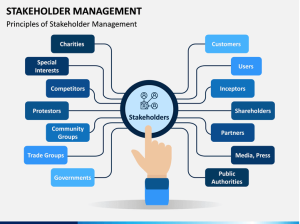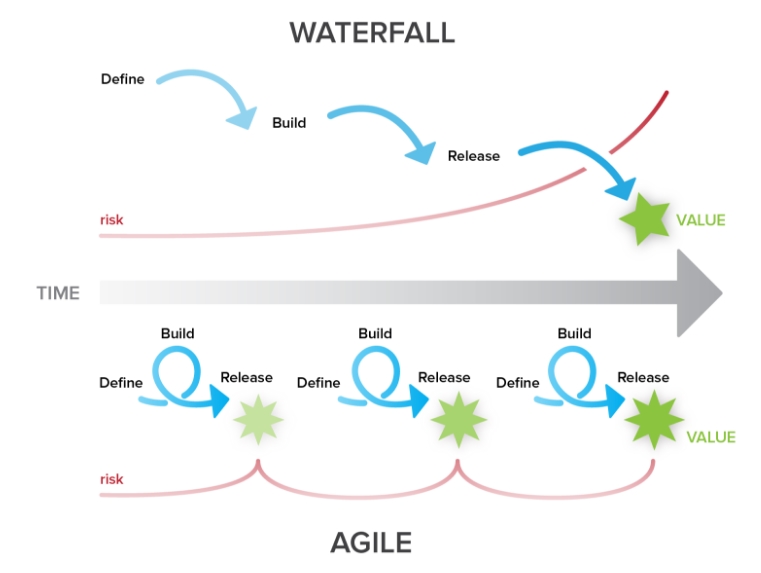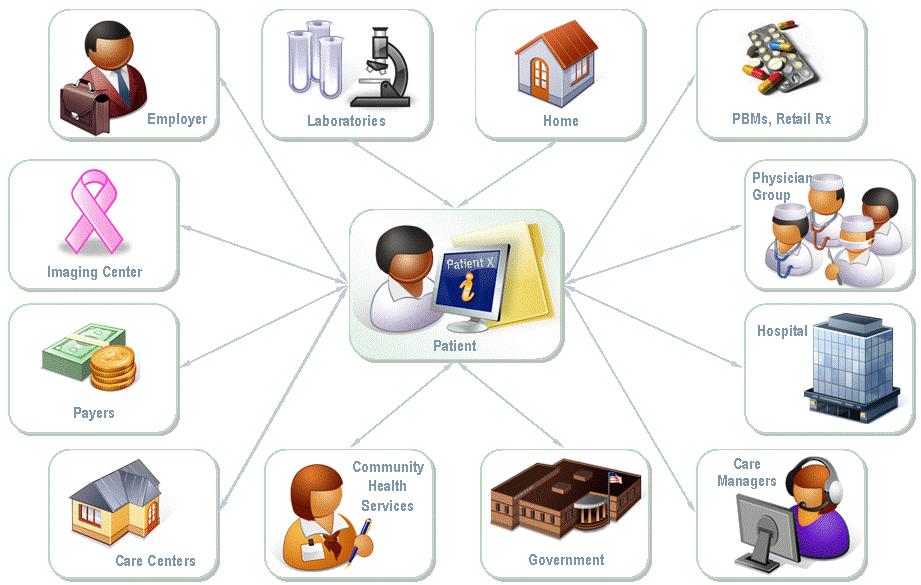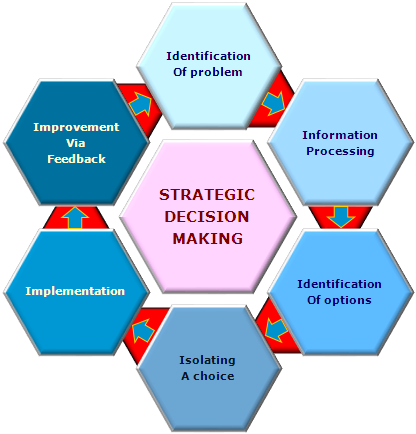Introduction:
When it comes to IT projects, effective stakeholder management plays a pivotal role in achieving success. In this blog post, we will explore the profound influence that stakeholder management has on IT project outcomes. From understanding the concept of stakeholder management to examining its impact on various project aspects, we will delve into the significance of prioritising stakeholder engagement. By recognising the importance of stakeholder management, IT project teams can enhance their project success rates and deliver outstanding results.
1: Understanding Stakeholder Management in IT Projects
To lay the foundation, let’s define stakeholder management in the context of IT projects. It involves identifying and engaging individuals or groups with a vested interest in the project’s outcome. Stakeholders can include project sponsors, end-users, IT teams, executives, and other relevant parties. The primary purpose of stakeholder management is to align project goals with stakeholder expectations and ensure their active involvement throughout the project life cycle.
2: The Benefits of Effective Stakeholder Management
Implementing effective stakeholder management practices yields numerous benefits. Firstly, it fosters improved project communication and collaboration, leading to a shared understanding of objectives and requirements. Secondly, it enhances stakeholder satisfaction and engagement, resulting in a stronger commitment to project success. Thirdly, it enables a comprehensive understanding of project requirements and priorities, minimising misunderstandings and conflicts. Lastly, effective stakeholder management allows for the early identification and resolution of issues, leading to smoother project execution.
3: Impact on Project Scope and Requirements
Stakeholder management significantly influences project scope and requirements. By actively involving stakeholders in the requirement-gathering process, project teams can ensure that all relevant perspectives and needs are considered. Moreover, effective stakeholder management helps prevent scope creep, which occurs when project boundaries are expanded without proper control. It helps maintain focus on project objectives, prevents unnecessary changes, and improves overall project outcomes.
4: Managing Project Risks and Uncertainty
Stakeholder management plays a crucial role in identifying and managing project risks. By engaging stakeholders and understanding their concerns, project teams can assess potential risks and develop appropriate mitigation strategies. Stakeholders often provide valuable insights and perspectives, enabling a more comprehensive risk assessment. Effective stakeholder management reduces uncertainties, enhances risk management practices, and contributes to successful project execution.
5: Stakeholder Engagement and Buy-in
The level of stakeholder buy-in significantly impacts IT project success. When stakeholders are engaged early and consistently throughout the project, they develop a sense of ownership and commitment. Building relationships, fostering trust, and actively involving stakeholders in decision-making processes contribute to their buy-in. When stakeholders feel valued and included, they are more likely to support the project, provide constructive feedback, and help overcome obstacles, resulting in improved project outcomes.
6: Communication and Collaboration
Effective communication is a cornerstone of successful stakeholder management. Tailoring communication channels, methods, and messaging to different stakeholder groups ensures that relevant information is delivered efficiently. Transparent and timely communication promotes stakeholder engagement, minimises misunderstandings, and strengthens collaboration among project teams. By fostering open lines of communication, stakeholders can actively contribute their insights and expertise, ultimately driving project success.
7: Change Management and User Adoption
Stakeholder management plays a critical role during project implementation and change management. Engaging stakeholders in the process helps address resistance to change and overcome potential obstacles. Effective stakeholder management ensures that end-users and other stakeholders are involved in the design and implementation of new IT systems or processes. By actively involving stakeholders in change initiatives, project teams can increase user adoption and minimise disruptions, leading to successful project outcomes.
8: Monitoring and Managing Stakeholder Expectations
Throughout the project life cycle, monitoring and managing stakeholder expectations are vital. By regularly assessing stakeholder satisfaction and feedback, project teams can identify and address any gaps between expectations and reality. Proactively managing expectations helps maintain stakeholder support and prevents dissatisfaction or disengagement. Balancing stakeholder expectations with project constraints and priorities is key to achieving successful project outcomes.
9: Case Studies and Examples
Real-world examples serve as powerful evidence of the impact of stakeholder management on IT project success. Case studies highlighting projects that prioritised stakeholder engagement can demonstrate the positive outcomes achieved. Additionally, examining cases where poor stakeholder management led to project failures can reinforce the importance of effective stakeholder management practices.
Conclusion:
Stakeholder management is a critical success factor in IT projects. By understanding the significance of stakeholder engagement and actively implementing stakeholder management practices, project teams can enhance project outcomes. Effective stakeholder management positively influences project scope, requirements, risk management, engagement, communication, and change management. Recognising the value of stakeholder involvement and applying appropriate strategies will maximise the potential for IT project success, resulting in satisfied stakeholders and exceptional project outcomes.







